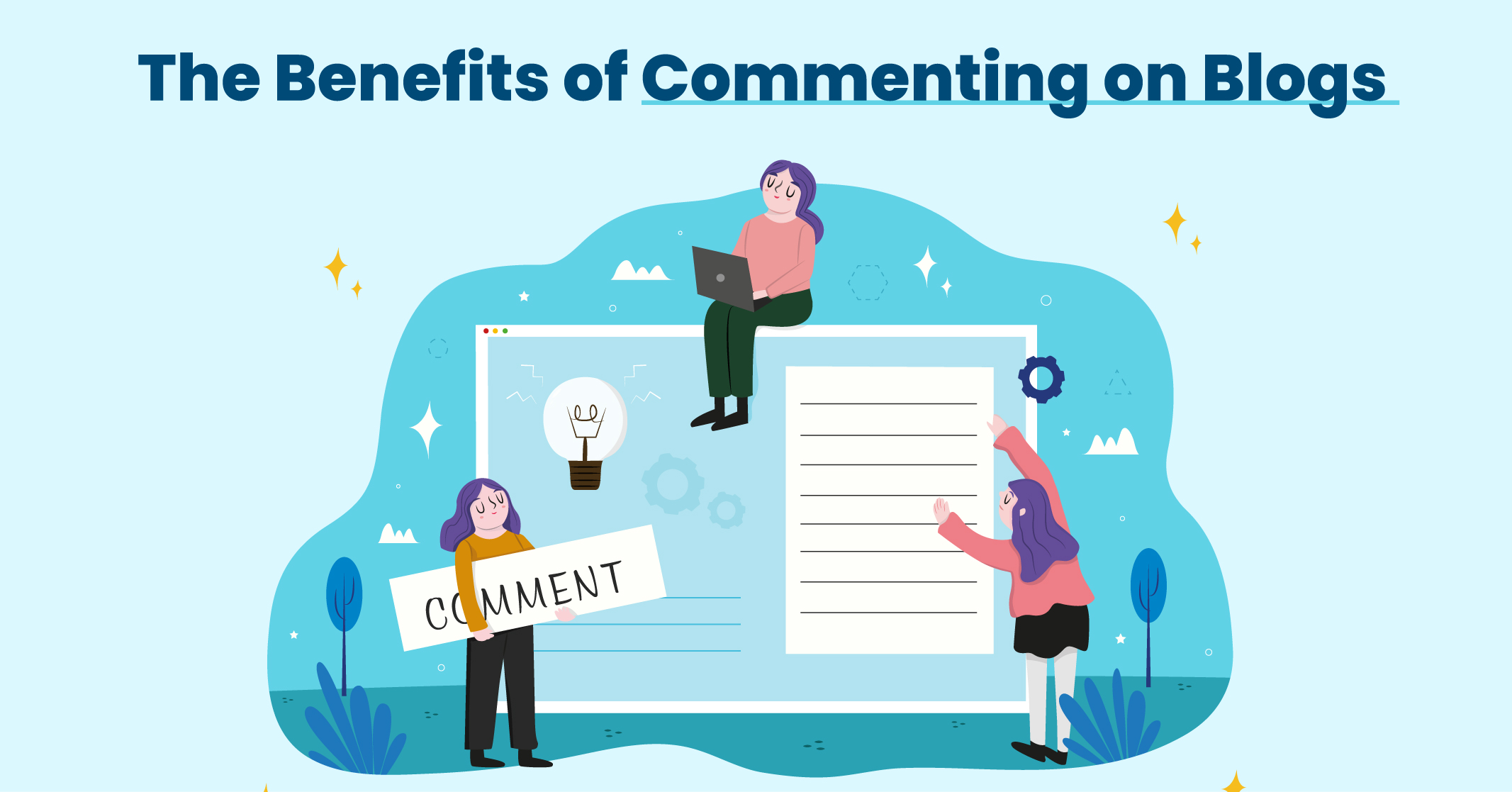I hope you enjoy reading this blog post.
If you want to get more traffic, Contact Us

Click Here - Free 30-Minute Strategy Session
Be quick! FREE spots are almost gone for this Month. Free Quote

Are you leveraging blog commenting to enhance your online visibility? If not, it might be worth considering.
Engaging in a blog commenting strategy offers several benefits, including:

Click Here – Free 30-Minute Strategy Session
Be quick! FREE spots are almost gone for this Month
Whether you’re responding to discussions on your blog or actively participating in blog comments on other websites, this strategy proves valuable for self-promotion and yields tangible results.
Types Of Blog Comments:
Types of blog comments can vary based on their purpose and content. Here are some examples:
Expressive Comments: These comments convey appreciation and gratitude towards the blog post, often commending the author for their valuable insights or eloquent writing style.
Blog Commenting Examples– I thoroughly enjoyed reading this post! Your perspective on this topic is truly enlightening.”
Informative Comments: These comments contribute to the discussion by providing additional insights, personal experiences, or relevant information that adds value to the topic being discussed.
Blog Commenting Examples-“I’ve encountered a similar situation before, and I discovered that implementing the XYZ strategy helped me overcome the challenges mentioned in the post.”
Inquisitive Comments: These comments involve asking pertinent questions to seek further clarity or gather more knowledge from the author or fellow readers.
Blog Commenting Examples-I’m curious about the impact of the XYZ trend on the industry. Do you have any additional insights or recommended resources?”
Engaging Comments: These comments initiate respectful debates or discussions by presenting alternative viewpoints or challenging the ideas put forth in the blog post.
Blog Commenting Examples: While I understand your perspective, I believe there are other factors to consider. Recent research suggests that…”
Resourceful Comments: These comments include relevant links to external resources, articles, or websites that supplement the information presented in the blog post.
Blog Commenting Examples: I recently came across a comprehensive study that aligns with your findings. Here’s the link if anyone is interested: [URL].”
Spam Comments: These comments are generally self-promotional, unrelated, or contain excessive links, to drive traffic to the commenter’s website or manipulate search engine rankings.
Blog Commenting Examples: “Visit my website for incredible deals on [product/service]. [URL]”
Remember, it is crucial to provide authentic and valuable comments that enrich the conversation and foster meaningful engagement with the blog post and its community. In this blog, you will find the blog commenting best practices, blog comments pros and cons and so much more.
Learn More: How to Promote Your Blog Using Skyscraper Technique

We understand the concerns you may have about opening your comments on the blog. Managing spam can be overwhelming. However, the benefits of allowing blog commenting far outweigh the drawbacks. Utilising blog commenting for SEO purposes can yield significant advantages.
Enabling comments on your blog fosters a sense of community. When you actively engage and respond to comments, your visitors feel a stronger connection with you, and they can interact with fellow readers as well.
Moreover, blog commenting offers several benefits, including:
These are just a few of the many benefits that blog comments can bring to your blog and online presence.
Learn More: Proven Strategies to Increase Your Blog’s Traffic

In today’s SEO landscape, effective management of your blog’s comment section is crucial for enhancing engagement metrics. However, it’s important to avoid common mistakes that can negatively impact the experience for both you and your readers.
Blog Commenting And SEO:
Here are some guidelines to follow when managing blog comments and fostering helpful contributions:
By implementing these tips, you can effectively manage your blogging comments, promote meaningful interactions, and create a positive and engaging experience for both you and your readers.
Learn More: The Zen Way of Creating High Quality Backlinks

Utilising blog comments can be an asset for your website, fostering engagement, receiving feedback and building relationships with your readers. However, effectively managing comments requires striking a balance to encourage discussion while avoiding spam and negativity that may deter your audience.
Here are some common mistakes to avoid when it comes to managing blog comments:

We’ve already discussed the importance of allowing comments on your own blogs. Now, let’s explore the reasons why you should actively seek out other blogs and engage in commenting.
By actively participating in blog commenting, you can establish connections, enhance your online presence, and contribute to meaningful discussions within your industry or areas of interest.

When posting comments on other blogs, it’s important to make the most of this opportunity by providing value and engaging in meaningful conversations. Here are some tips to help you effectively contribute to other blogs:
By following these tips, you can make your comments more impactful and foster meaningful connections within the blogging community. Remember, the goal is to contribute valuable insights and engage in thoughtful conversations that benefit both the blog owner and fellow readers.
Learn More: Top Blogger Outreach Tips to Build Authority

Commenting on other blogs can be a great way to engage with the community and expand your online presence. However, it’s important to avoid certain mistakes that can diminish your credibility and hinder your progress.
By avoiding these mistakes and approaching blog commenting with authenticity and respect, you can make meaningful contributions, foster connections, and enhance your online presence positively and effectively.
Generic comments that lack substance and fail to contribute to the conversation can hinder your engagement efforts and diminish your credibility. Instead of leaving generic comments like the example below, aim to provide valuable insights and demonstrate your expertise.
While it may be tempting to leave generic comments on numerous blogs due to time constraints, it’s important to prioritise quality over quantity. Focus on a select few blogs at a time and invest the effort to craft meaningful and worthwhile comments on each one.
Think of blog commenting as a form of personalised communication, similar to cold pitching. Rather than sending out a large volume of generic emails with little response, target specific leads and tailor your messages for higher engagement. The same principle applies to blog commenting, as it can lead to stronger backlinks and more meaningful connections.
Moreover, generic comments accompanied by website links can be flagged as spam by Google. It’s crucial to avoid this practice to maintain a positive reputation.
What To Do?
Blogging Tips:
Remember, effective blog commenting involves adding value to the conversation and engaging in a way that aligns with your knowledge and understanding of the topic.
By striking the right balance between contributions and inquiries, you can maximise the impact of your comments and build meaningful connections within the blogging community.
Engaging in blog commenting, alongside your own blogging ideas, presents a unique opportunity to drive visitors to your blog and enhance your search engine optimisation. However, it’s crucial to approach blog commenting in the right way to see desired results.
While the guidelines for blog commenting may not be rigid, it’s important to avoid indiscriminately spamming comments everywhere and expecting people to flock to your site. The comments you leave or receive on your own blog can significantly influence how you are perceived.
To make your comment stand out, it’s advisable to:

LEAVE A REPLY